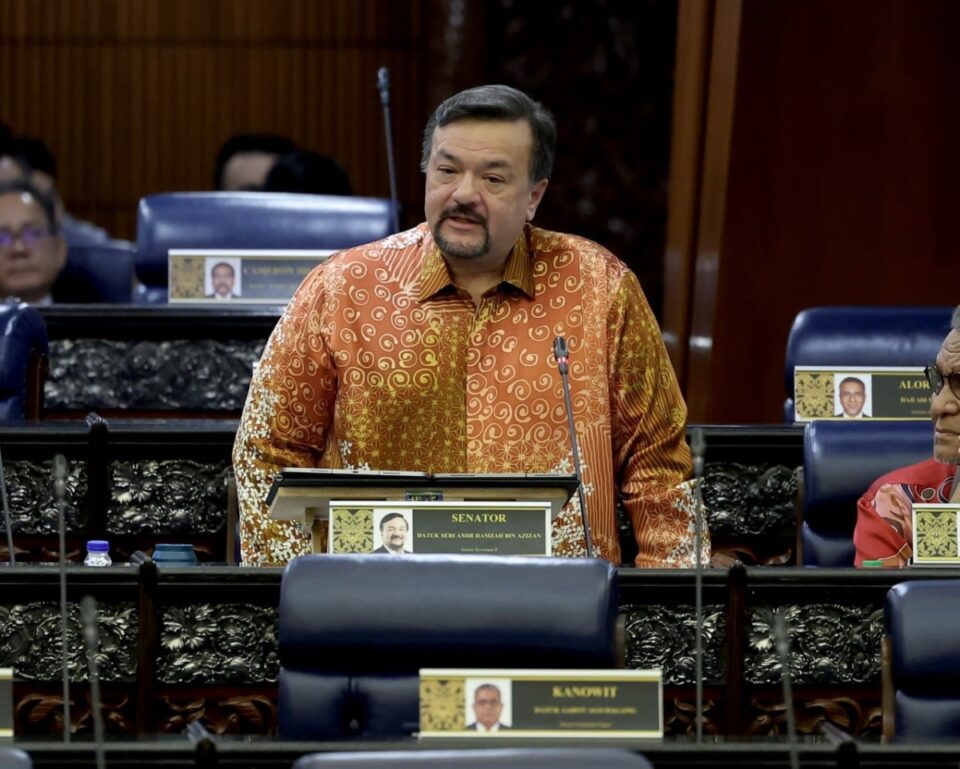KUALA LUMPUR, March 19 — The government has always taken a cautious approach to reforming the national tax system, said Finance Minister II Datuk Seri Amir Hamzah Azizan.
Although there is a need to grow Malaysia’s revenue, the government must balance that desire by taking into account the need to protect the people from excessive burdens.
“Tax reforms through Budget 2024 support the Madani Government’s efforts to strengthen the fiscal base and bring the country’s economy to a better track.
“An example of tax reform is the increase in the service tax rate from six per cent to eight per cent effective from March 1, 2024, which focuses on activities related to discretionary services and activities between businesses (business-to-business/B2B),” he said during a question-and-answer session in the Dewan Negara today.
Amir said the increase in service tax does not involve services, which are a basic need and part of the people’s lifestyle.
“This is to ensure the people are not burdened with higher consumption tax rates, especially in essential services including food and beverages, parking, telecommunications, and logistics.
“The government expects that this change will not cause a sudden increase in the price of services and will not bring a shock to the economy,” he said.
In addition, the government also enacted the Public Finance and Fiscal Responsibility Act 2023, which came into effect on January 1 this year, so that it can deal with its fiscal governance issues.
“The government will remain committed to fiscal consolidation in the medium term, and special focus will be given to ensure fiscal sustainability via sustainable revenue generation and expenditure effectiveness through increased efficiency, reducing leakage and waste,” Amir said.
He added that Malaysia practices an anti-cyclical economic policy in which the Finance Ministry regulates fiscal policy through the Treasury and monetary policy through Bank Negara Malaysia, so both policies ensure the level of national economic growth remains stable.
These are implemented through intervention policies to prevent the economic cycle from growing too slowly or too fast.
“At the same time, the Finance Ministry needs to ensure there are sufficient funds so the Federal government can fulfil its role of providing quality and timely services to the people, especially from the aspects of education, health, safety, and welfare.
“Therefore, the cost of providing these services needs to be balanced with the imposition of reasonable taxes that match the level of service required by the people,” Amir said.
The minister was responding to Senator Datuk Arman Azha Abu Hanifah’s query, who asked about the Finance Ministry’s intervention measures regarding the tax reforms imposed on the people.
— Bernama





